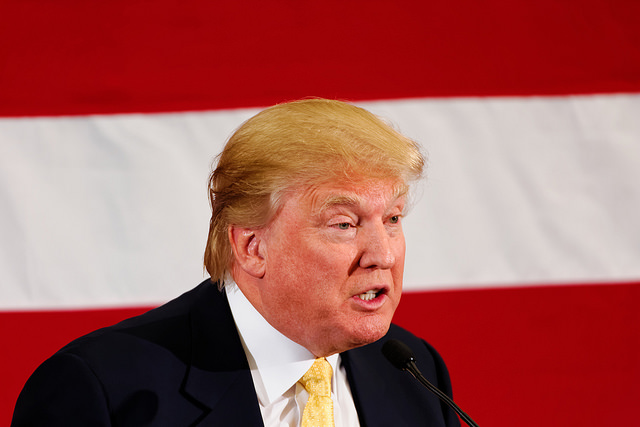This is the ninth in a series of “Provocations,” a LARB series produced in conjunction with “What Cannot Be Said: Freedom of Expression in a Changing World” a conference cosponsored by UCI, USC, and UCLA (January 22 -24, 2016). All contributors are also participants in the conference.
FREEDOM OF SPEECH IS a necessary right, worth upholding and defending. But it made more straightforward sense, and was more straightforward in application, in the relatively homogeneous western societies in which it was originally conceived than in the wildly plural, interlinked, technologized, globalized world in which we now find ourselves.
To celebrate “freedom of speech” in simplistic, absolute terms impoverishes the depth of our deliberation, and the possibilities for creating a generative 21st-century global culture. Freedom of speech needs to evolve, just as as our common life is evolving.
The creation of the category of “hate speech” in the U.S. is a kind of acknowledgement of this reality.
The challenge of the present is connected to the limits of “tolerance” as our primary civic virtue for navigating difference. Tolerance, like multiculturalism in Europe, was a baby step towards pluralism in the 1960s, when American culture experienced genuine diversity for the first time — religious, ethnic, racial, and social.
Tolerance sought to control pluralism rather than live it robustly. Tolerance does not embrace difference, interrogate it, honor its complexity. It allows, endures, and indulges. In the medical lexicon, it is about the limits of thriving in an unfavorable environment. Tolerance is still a necessary civic virtue, but it was never big enough from a human, spiritual perspective or a robust ethical perspective. Tolerance doesn’t ask us to engage, much less care about, the stranger; tolerance doesn’t even invite us to understand, to be curious, to be open to be moved or surprised by the other. And how we deal with the “other” has always been the primary moral challenge of human life. In the 21st century’s unparalleled interdependence, rising to this occasion becomes existential, a matter of planetary survival.
Free speech uncoupled from moral accountability gets us Charlie Hebdo; it also gets us Donald Trump. It seems to me important to recall and acknowledge, however unconditionally we continue to condemn violence, that what was acceptable on the pages of Charlie Hebdo would never be condoned in American media.
There is a difference between free speech and shouting fire in a panicked room. The entire Muslim world is, at present, and most reasonably on multiple levels, the equivalent of a panicked room.
A nuanced, enlightened 21st-century virtue of free speech would hold the question of the effects of that speech and honor the virtue of accountability for its results.
While extreme and violent acts committed in the name of religion have created the specter of religion as an oppositional force to free speech, the robust civic culture we need could be informed by what religion attempts at its best – a fusion of word and deed; of ideal held in a practical, creative tension with a frankness about human realities, and underpinned by virtues like humility, hospitality and care for the needy, the outcast, and the stranger.
Krista Tippett hosts the national public radio program “On Being” (formerly “Speaking of Faith”), which takes up the great animating questions of human life: What does it mean to be human? And how do we want to live? Tippett is a Peabody Award-winning broadcaster and New York Times bestselling author. In 2014, she received the National Humanities Medal at the White House for “thoughtfully delving into the mysteries of human existence.” She will participate in the conference Freedom of Expression in a Changing World: What Cannot Be Said.


